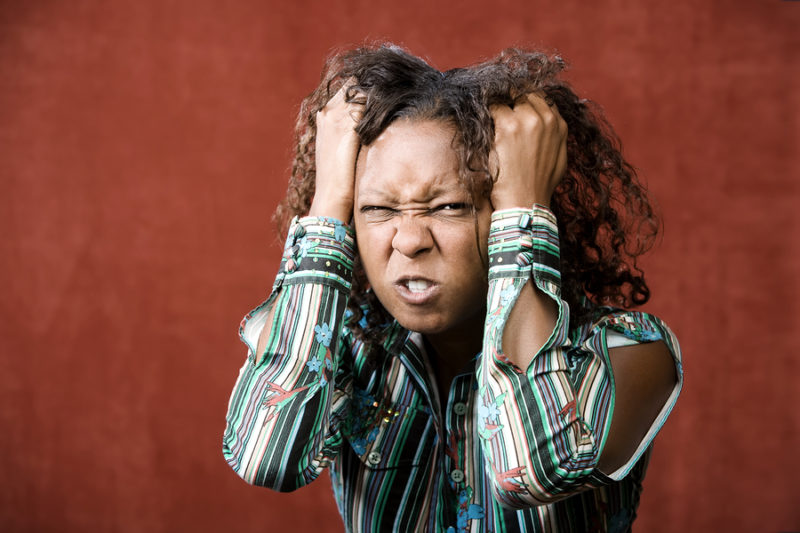Winfred Njoki Clarke visited a bar in Kenya’s capital city of Nairobi in 1998. This bar was located in one of the country’s 5-star hotels: The Intercontinental. When she tried to order a drink, she was dismissed and thrown out of the location, because it was assumed that she was a prostitute since she was by herself when she ordered a drink.

“A security guard pulled me outside the hotel because I refused to pay the cover charge. I was denied an opportunity to sit at the lounge and when I ended up outside and boarded a taxi, the driver was ordered not to carry me, the Hotel Interconintental personnel called and directed police officers to arrest me, after which I ended up at Central Police Station where I was held for two days without any charges being pressed against me,” she stated in her court papers.
Winfred who at the time was married to Terrence Clarke, told Tuko that she suffered mental anguish from the incident. Two decades later, a judge would describe the incident as ’embarassing and unlawful’ ordering that she be paid damages of KSH 2,000,000 worth roughly, £20,000.
It is worth noting that even to the very end, the hotel expressed that Clarke’s behaviour was unruly and they had every right to call the police, reports state.
This story is interesting and relatively disturbing for two distinct reasons – not only did the incident occur in the country’s capital city, where one would expect the highest levels of civilisation, it was a premium hotel that had hosted many heads of state and dignitaries including former US Vice President Joe Biden, former US Secretary of State Hillary Clinton, and Ugandan President, Yoweri Museveni.
In Nigeria, similar incidents occur. I remember once trying to get into a club with a friend of mine and being rejected because we weren’t in company of a man or even better, men. Not only is this misogynistic and sexist, it is just plain prejudice.
No one should have to endure embarassment or face any form of public disgrace just because ignorant people assume they might be prostitutes. There is no doubt that the sex worker culture is indeed rife in many parts of Africa, however; maybe as a collective we need to deal with the root of the problem and proffer realistic solutions. For example, in many African countries, corruption is so rife and the economy in such decline that the environment is hostile enough to encourage social ills such as prostitution and drug abuse.
We have a bad habit in Africa. We love to place plasters on open wounds and act shocked when it gets infected, then, only start to treat the infections that crop up without ever really treating the wound.
I’m elated that Winfred received damages even though it took 20 years to get there, but what about all the other women whose rights are not respected and who are discriminated against for not adhering to societal norms and practices? The ones who can’t afford to fight for their rights and in some cases, are not even aware that they’re entitled to any?
We need to speak about these issues more often and in the age of digital, it’s exciting that issues like this are coming to the forefront. Hopefully, it can drive us to do better and treat the wound.
Congratulations to Winfred for staying the course and never giving up. 20 years is a long, long time. But she, like so many of us who have been through similar ordeals, understood that she was fighting a cause much greater than herself. With more punitive damages being awarded, let’s hope it acts as a deterrent to organisations who are guilty of similar transgressions.
Photo Credit: Madam Noire

